Are you considering purchasing a new vehicle? Congratulations!
Before you sign on the dotted line, have you considered the difference in maintenance costs between electric vehicles, hybrids, and regular gas engine vehicles?
While EVs (electric vehicles) have a high price tag, can you recoup those costs through less maintenance? What about Hybrids? Do they offer the same price break when it comes to maintenance?
Cars need regular maintenance to keep them on the road and prevent expensive breakdowns but what if you could purchase a vehicle that didn’t need very much maintenance?
Let’s talk about EVs, regular gas engine vehicles, and hybrids, so you can make a more informed decision before you buy.
Research Tells the Story
New research from Consumer Reports shows that EVs, which have fewer moving parts, require far less maintenance and they cost less to repair than gas-powered vehicles.
The same is true with hybrids. Since hybrid vehicles do have a gas-powered engine, they tend to require the same maintenance, but they do have a slight advantage over regular gas engines. For example, a hybrid uses regenerative braking systems, which use the motor to brake the car. This means that the brake pads last much longer.
EVs have a radiator, like a regular car, but since there are no oil or gas byproducts, the system doesn’t break down as often and the fluid rarely needs changing.
What About the Cost of a Battery?
Oh yes, those dreaded battery packs.
Depending on the make and model, a battery pack will set you back about $5 grand. However, consider the fact that these batteries last a minimum of 10 years, and you will see that you really don’t need to worry about the battery.
If your EV should need a new motor, now those are very expensive, as of this writing, with some costing as much as $9,000. Like the batteries, however, an EV motor should outlast the vehicle.
Have You Checked Out the Warranty?
Because EVs have fewer parts to fail, the warranties tend to be longer.
Most EVs offer 8 years or 100,000 miles of coverage. No manufacturer would offer such a thing if they believed the vehicle would need major repairs during that time.
The Bottom Line
If you are looking into what it would cost in the long run, an EV is not only better for the environment, but they are better for your wallet.
Since you won’t need to spend money on oil changes, gasoline, oil, or air filters, nor those dreaded emissions inspections and repairs, EVs can be a terrific investment over the long haul.
If you have questions or want more information regarding maintenance on your vehicle, whether it’s a hybrid, a gas engine, or an EV, call Bockman’s Auto, Truck & Tire.
We’ve been in business since 1964 and we can help you get the most value from your vehicle, whatever it is. Call us today for an appointment!

